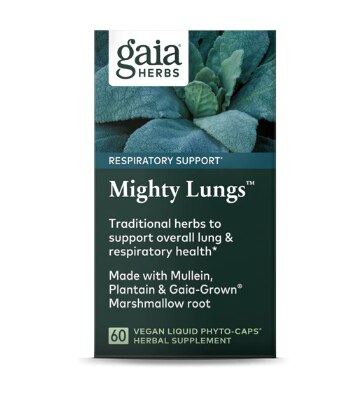Singing makes us happy. Whether you are hopelessly off-key or possess perfect pitch, raising your voice in song is intrinsically joyful. It doesn’t just make you feel good—it does your body good. So don’t worry if you can’t carry a tune; let a tune carry you. It can even carry over into good health.
8 Health Benefits of Singing
Singing bestows a wide range of health benefits, both physical and mental. Keep reading to discover eight reasons why it’s so good for us.
Improves lung function
Singing involves deep, controlled breathing and the use of various muscle groups. This can help improve lung capacity and strengthen respiratory muscles, which is particularly beneficial for those with conditions like asthma or COPD. According to the Lung Association, one well-known breathing technique taught in pulmonary rehabilitation is ‘pursed lip’ breathing, in which the lips are partially closed during an exhalation to slow the flow of air, which maintains the pressure to keep the airways open.
Singing is essentially a modified version of pursed lip breathing. Because singers have to learn to control the flow of exhaled air to modulate pitch and tone, this increased airway pressure also helps patients with COPD keep their airways open.
Boosts immunity
Studies have shown that singing can increase the levels of immunoglobulin A, an antibody that plays a crucial role in immune function, helping the body fight off infections.
A 2004 study compared the effects of singing with the effects of simply listening to music. Those who sang showed substantially higher levels of immunoglobulin A. Listening to music but without singing along, on the other hand, reduced stress hormones but didn’t have a positive impact on the body’s immune system.
Bolsters the vagus nerve
Connected to the vocal cords and the back of the throat, the vagus nerve is the longest cranial nerve in the body, linking the brain to various organs. A key part of the parasympathetic nervous system, the vagus nerve influences breathing, digestion and heart rate. Humming and singing stimulate the vagus nerve and increase tone. An emerging body of research suggests that the more you increase your vagal tone the more your physical and mental health improve and the faster you can relax after stress.
Singing also releases endorphins, the “feel-good” hormones, and decreases cortisol levels, reducing anxiety.
It’s better together
A 2018 study done in the United Kingdom found that a singing program known as The Sing Your Heart Out project produced an ongoing feeling of belonging and well-being for the participants, which included people with mental health conditions, as well as the general public. Researchers found that the participants reported improvements in their mental health, mood, sense of well-being and feeling of belonging because of these singing workshops.
Interviewees all reported improvement in or maintenance of their mental health and well-being as a direct result of engagement in the singing workshops. For most it was a key component, and for some the only and sufficient component in their recovery and ongoing psychological stability.
Bootcamp for the brain
Learning songs and phrasing, memorizing lyrics and engaging in musical performance can be a windfall for your cognitive abilities, such as memory and concentration. This is particularly beneficial for older adults, as it may help delay cognitive decline.
Take a stand
Proper singing technique requires good posture, with head, neck, shoulders, trunk, hips and legs all connected on the plumb line of alignment. Standing up straight allows your diaphragm to move freely to inhale and to support the air when you sing. Your upper body muscles need to be relaxed and available to support your sound instead of blocking it. Over time, this can lead to better overall posture, which contributes to spine health and reduces musculoskeletal strain.
Be still my heart
The rhythmic breathing pattern inherent to singing influences heart activity, leading to the synchronization of heart rate variability with respiration, a phenomenon known as respiratory sinus arrhythmia. Singing has been found to slow the heart rate and reduce blood pressure, especially when singing calming or meditative music. It can also increase oxygen in the blood, promoting cardiovascular health.
Elevates the pain threshold
The sense of elation that comes from engaging in music arises from the way music (or active performance in musical contexts) triggers the release of endorphins. Singing can serve as a distraction from pain and discomfort. The release of endorphins during singing also has a natural analgesic effect, which can reduce the perception of pain.
A 2012 study found that singing, drumming, and dancing in a group triggers the release of hormones that raise your pain tolerance in ways that just listening to music doesn’t. Researchers note that the feelings of social connection, rather than the music itself, seems to be behind the boost in pain tolerance.
Overall, new research underscores the exciting possibilities of singing as a holistic approach to health. It calls for further exploration and recognition of its therapeutic potential. In the meantime, singing out loud, in the car, the shower, with friends, at karaoke, in a choir may be just what your body needs.




